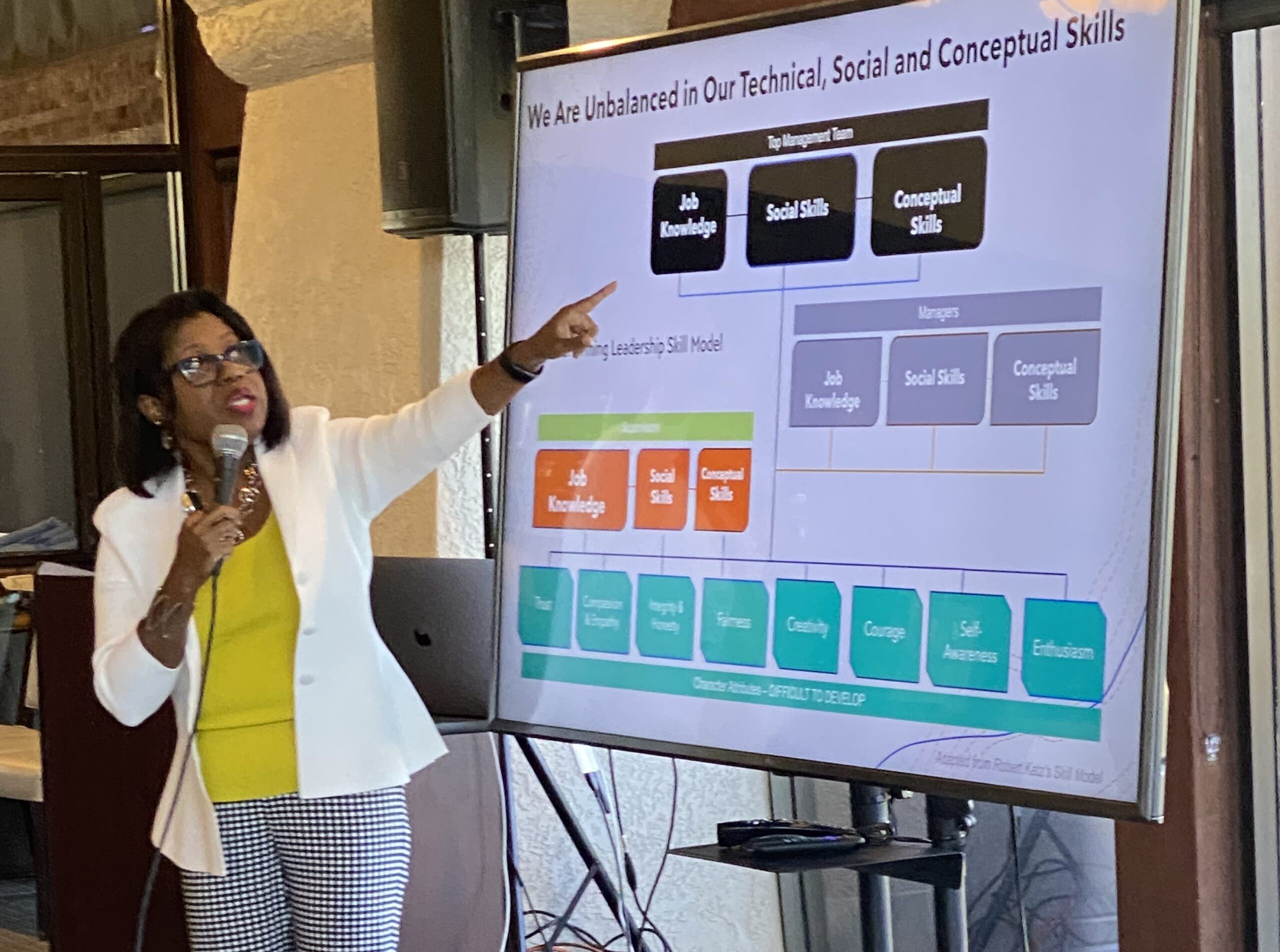Empire Building
Empire building is a type of political move in which leaders make decisions to gain greater authority within an organization often through coercion and the promise of significant gains. Some might say “what’s wrong with that?” It’s simple, in order to build an empire in this sense, only those who go along with an oft-hidden bigger scheme that benefits a minority group, are the ones who are promised the benefit. The smaller the circle, the bigger the payoff.
With empire-building there are winners and losers. With leadership, there are winners and winners. Remember the study conducted by social psychologists John French and Bertram Raven in 1959 that resulted in the five forms of power?
- Coercive power – leaders who resort to punishment when their demands are not met.
- Reward power – the leader gains compliance through some sort of compensation.
- Legitimate power – the leader has the right to have their demands met because of their position.
- Referent power – leader’s ability to influence because of followers’ deep respect for them.
- Expert power – the leader is seen as an expert and gains respect because of their breadth and depth of knowledge.
Powerful Affects
The first three powers above are the types from which empire builders are created, and they can work provided the impetus for the reward remains present with the power but it can lead to turnover, dissatisfaction, and the diminished effectiveness of the leader. Referent power is a sneaky type of empire builder and one we need to be careful of as well. They build their empire because of the love people have for them, not necessarily on anything more substantive. If they make one mistake, especially in our social media-driven world, they could immediately fall from grace because they have not much more than popularity and charisma holding them up.
This leaves us with expert power. You can build a sustainable “empire” as an expert leader simply because of the substantive knowledge, skills, and abilities of the leader. While leaders with expert power can also make poor delegators and be known as micromanagers, with proper coaching and development, they offer us the greatest hope for sustainable achievement. Expert leaders are lifetime learners. Always seeking to improve their knowledge and understanding of their world and the business they are in.
Expert Leadership
Looking to identify an expert leader, ask them what they’re reading and how they’re developing, what they’re learning from their ongoing development, and how they are applying what they’re learning to stay on top of their professional game.



